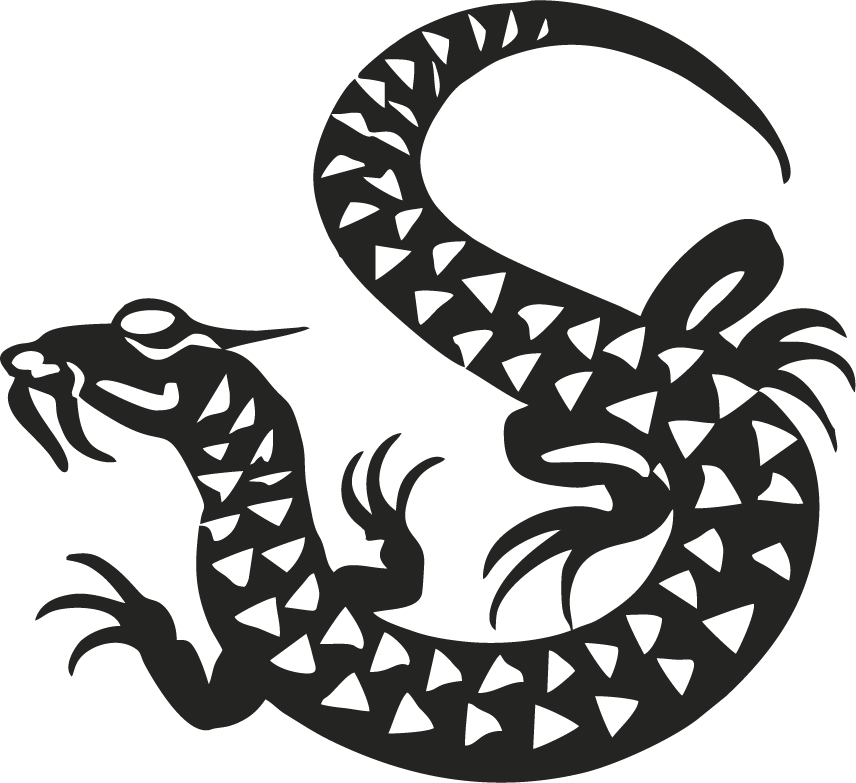ANXIETY & DEPRESSION

ANXIETY
Anxiety disorders
A survey by the Office of National Statistics (ONS 2000) found that 164 people per 1,000 had a neurotic disorder in the week before interview, which represents about 1 in 6 of all adults. They found that the most prevalent neurotic disorder among the population as a whole was mixed anxiety and depressive disorder (88 people per 1,000).
Anxiety disorders include generalised anxiety disorder, panic disorder, phobias, obsessive compulsive disorder (OCD) and post-traumatic stress disorder (NICE 2007; Clinical Evidence 2007). They can be chronic and cause considerable distress and disability; if left untreated, are costly to both the individual and society (NICE 2007). As well as emotional symptoms such as worry, disturbed sleep, irritability and poor concentration, anxiety can cause physical symptoms such as sweating, nausea, diarrhoea, dry mouth, palpitations, shortness of breath, dizziness, cold hands, muscle tension and aches, trembling and twitching (American Psychiatric Association, 2000; WHO 2007). Also, the symptoms of many physical conditions can become worse with stress, for example, irritable bowel syndrome, migraines and tension headaches, and back pain (Clinical Evidence 2007).
Treatments recognised as useful for anxiety disorders include psychological therapies such
as cognitive behavioural therapy (CBT) and applied relaxation, and medication such as some antidepressants and benzodiazepines (NICE 2007). All the drug treatments have side effects, and many may cause withdrawal or discontinuation symptoms (British National Formulary 2009).
I successfully treat many people with many types of anxiety. In general, acupuncture is believed to stimulate the nervous system and cause the release of neurochemical messenger molecules. The resulting biochemical changes influence the body's homeostatic mechanisms, thus promoting physical and emotional well-being.
Research has shown that acupuncture treatment may specifically benefit anxiety disorders and symptoms of anxiety by:
- Acting on areas of the brain known to reduce sensitivity to pain and stress, as well as promoting relaxation and deactivating the 'analytical' brain, which is responsible for anxiety and worry (Hui 2010).
- Regulating levels of neurotransmitters (or their modulators) and hormones such as serotonin, noradrenaline, dopamine, GABA, neuropeptide Y and ACTH; hence altering the brain's mood chemistry to help to combat negative affective states (Lee 2009; Samuels 2008; Zhou 2008; Yuan 2007).
- Stimulating production of endogenous opioids that affect the autonomic nervous system (Arranz 2007). Stress activates the sympathetic nervous system, while acupuncture can activate the opposing parasympathetic nervous system, which initiates the relaxation response.
- Reversing pathological changes in levels of inflammatory cytokines that are associated with anxiety (Arranz 2007)
- Reversing stress-induced changes in behaviour and biochemistry (Kim 2009).
Acupuncture can be safely combined with conventional treatments such as medication or psycho-educational therapy, possibly enhancing their beneficial effects (Courbasson 2007) and reducing unwanted side-effects (Yuan 2007).

DEPRESSION
Mental Health
Depression is a common mental health problem that affects people of all genders, ages, and backgrounds. About two thirds of adults will at some time experience depression severe enough to interfere with their normal activities (Mintel/YouGov, 2006, Stewart et al, 2004).
Women are twice as likely as men to become depressed (Stewart et al, 2004) partly due to hormone changes occurring pre-menstrually, at menopause, during pregnancy or after childbirth. Depression is estimated to cost the UK £7.5 billion a year in medication, benefits and lost working days (McCrone et al, 2008). The World Health Organization predicts that by 2020 depression will be second only to chronic heart disease as an international health burden (WHO, 2008).
Although everyone occasionally experiences low mood, these feelings usually pass after a couple of days. When a person has clinical depression, these problems can become chronic or recurrent, interfering with daily life. Depression causes symptoms such as low mood, loss of interest in enjoyable activities, anxiety, irritability low self-esteem, disturbed sleep or appetite, weight change, tiredness, lack of motivation, concentration or libido, physical pain, and suicidal thoughts.
What can cause depression?
Depression is likely to result from a combination of genetic, biochemical, environmental, and psychological factors. It may be triggered by stressful events, such as bereavement, illness, relationship problems or financial difficulties.
Given that acupuncture appears to be at least as effective as existing conventional drugs, without their level of side effects, it should be considered as one of the therapeutic options, alongside the existing repertoire. Two specific situations, during pregnancy (Manber 2010) and post-stroke (Zhang 2010; Smith 2010), seem to be particularly favourable for incorporating acupuncture treatment.
In general, acupuncture is believed to stimulate the nervous system and cause the release of neurochemical messenger molecules. The resulting biochemical changes influence the body's homeostatic mechanisms, thus promoting physical and emotional wellbeing.
Studies indicate that acupuncture can have a specific positive effect on depression by altering the brain's mood chemistry, increasing production of serotonin (Sprott 1998) and endorphins (Wang 2010). Acupuncture may also benefit depression by acting through other neurochemical pathways, including those involving dopamine (Scott 1997), noradrenaline (Han 1986), cortisol (Han 2004) and neuropeptide Y (Pohl 2002).
Stimulation of certain acupuncture points has been shown to affect areas of the brain that are known to reduce sensitivity to pain and stress, as well as promoting relaxation and deactivating the 'analytical' brain which is responsible for anxiety and worry (Hui 2010). Stress-induced changes in behaviour and biochemistry may be reversed (Kim 2009).
Some of the most recent research suggests that depression is associated with dysfunction in the way that parts of the resting brain interact with each other (Broyd 2008); acupuncture has been shown to be capable of changing the 'default mode network' (Dhond 2007), but the effect goes beyond that of expectation/placebo (Hui 2010).
Acupuncture can be safely combined with conventional medical treatments such as anti-depressants, helping to reduce their side effects and enhance their beneficial effects (Zhang 2007).
Acupuncture treatment can also help resolve physical ailments such as chronic pain (Zhao 2008), which may be a contributing cause of depression. In addition to offering acupuncture and related therapies, acupuncturists will often make suggestions as to dietary and other lifestyle changes that may be helpful in overcoming depression. Finally, people struggling to cope with depression usually find that coming to see a supportive therapist on a regular basis is helpful in itself.




